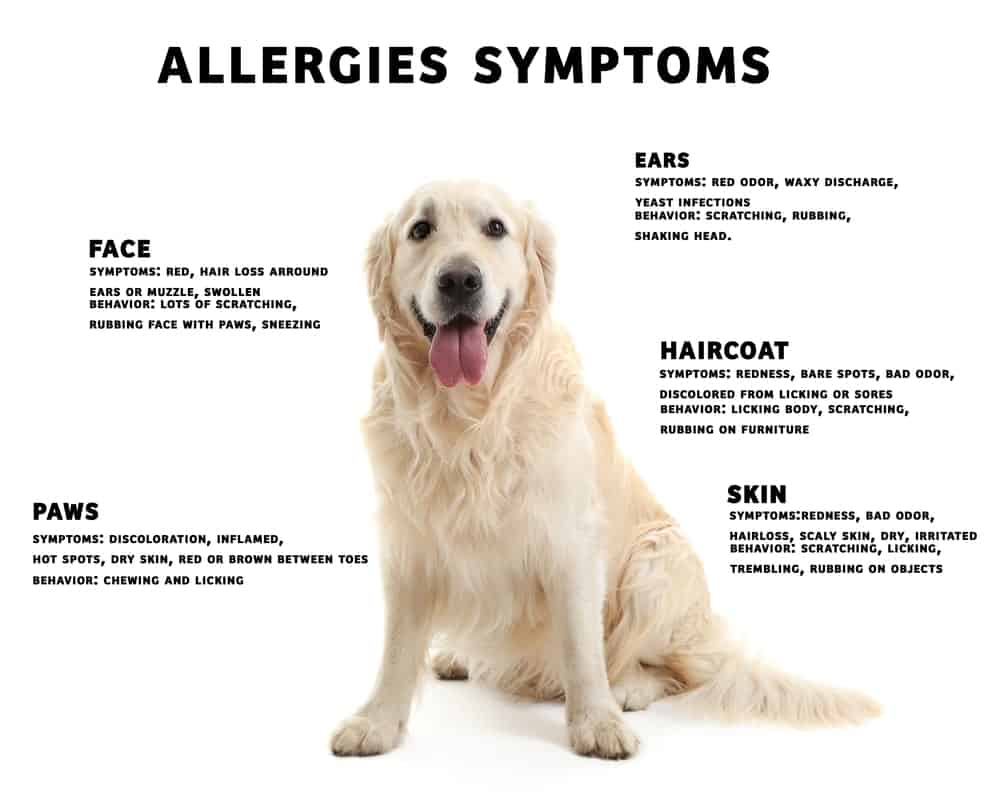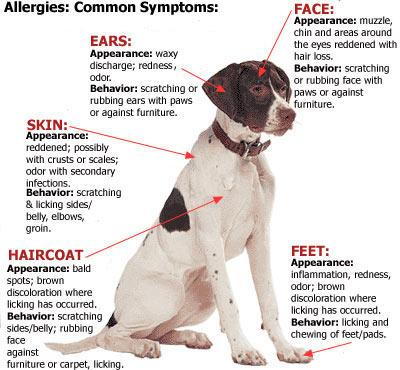
What To Do When Your Dog Is Having An Allergic Reaction. If your dogs allergies are more severe the vet may recommend further intervention to treat symptoms. If your dog shows signs of a more advanced reaction including facial swelling itchiness vomiting andor hives or bumps all over the body see your veterinarian immediately. They will have specific treatments ready for your arrival that will save vital time. Either way its important to talk to your vet about your dogs allergies and find out the best course of action for treatment.

Avoidance Techniques to Reduce Exposure to Pet Allergens. If all other alternatives fail to help your allergic reactions it may be time to book a consultation with an allergist who can prescribe an antihistamine to help with your dog allergies. In many cases symptoms. If your dog has a severe allergic reaction your best course of action is to get him to an emergency veterinary hospital as quickly as possible. Bath the pet at least once or twice a. That could indicate a full blown anaphylactic reaction.
They will have specific treatments ready for your arrival that will save vital time.
Your Dog Never Stops Scratching. If theres ever a doubt on how you think you should proceed its always best to call a veterinarian right away so you can get your dog the help he needs for his allergic reactions. Wash the area with mild soap and lukewarm water. Treatment with drugs like antihistamines or corticosteroids can block the allergic reaction so symptoms dont get out of hand. This typically increases in severity with rubbing. Wrapping a dog in a blanket when they are in shock can help fight hypothermia as blood leaves the limbs and pools in the abdomen.